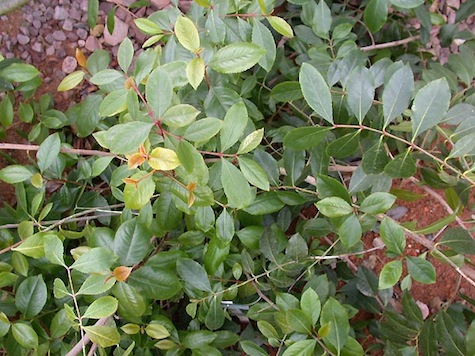This article originally appeared in The Daily Beast:
The Qat plant, a staple in Middle Eastern cities, has become popular in China for its mild buzz–but the government says it’s a dangerous gateway drug.
It’s a common sight in this city, as it is in Yemen, Somalia or Ethiopia: idle men plucking leaves out of a flimsy plastic bag, grinding them into mush between their teeth, filling every crevice with bits of green.
A few local women warned me about the qat chewers. “They’re dangerous,” one of them said. “There was a news report that said they are robbers. If they eat qat, they do bad things.” Privately, the qat chewers didn’t seem dangerous. Nobody was strung out. Hours passed before they felt a mild buzz. “Like coffee,” one man said, a familiar line repeated the world over.
That wasn’t in Sana’a or Addis Ababa. It was in Guangzhou, a southeastern trade hub in China with the largest African community in Asia. Ever since the 1990s, many African and Middle Eastern businessmen have flocked to the city in hopes of striking gold, and some found a second home here. But China has a qat problem, and it’s because of these outsiders–or so the government would have you believe.
The Chinese government banned qat earlier this year, and classified the plant as a dangerous narcotic. Chinese media has blitzed the airwaves with public service announcements and special features on news programs to warn their viewers about the dangers of qat. They call it “Arab Tea.” Some presenters claim that qat is like heroin, a depressant. Others say it’s like meth, a stimulant. Some say it is used as a date-rape drug by dark-skinned men. Others say it’s sold as amaranth, a common vegetable that is served as a side dish in Chinese homes, to get unsuspecting shoppers hooked.

COMMENTS
Please let us know if you're having issues with commenting.